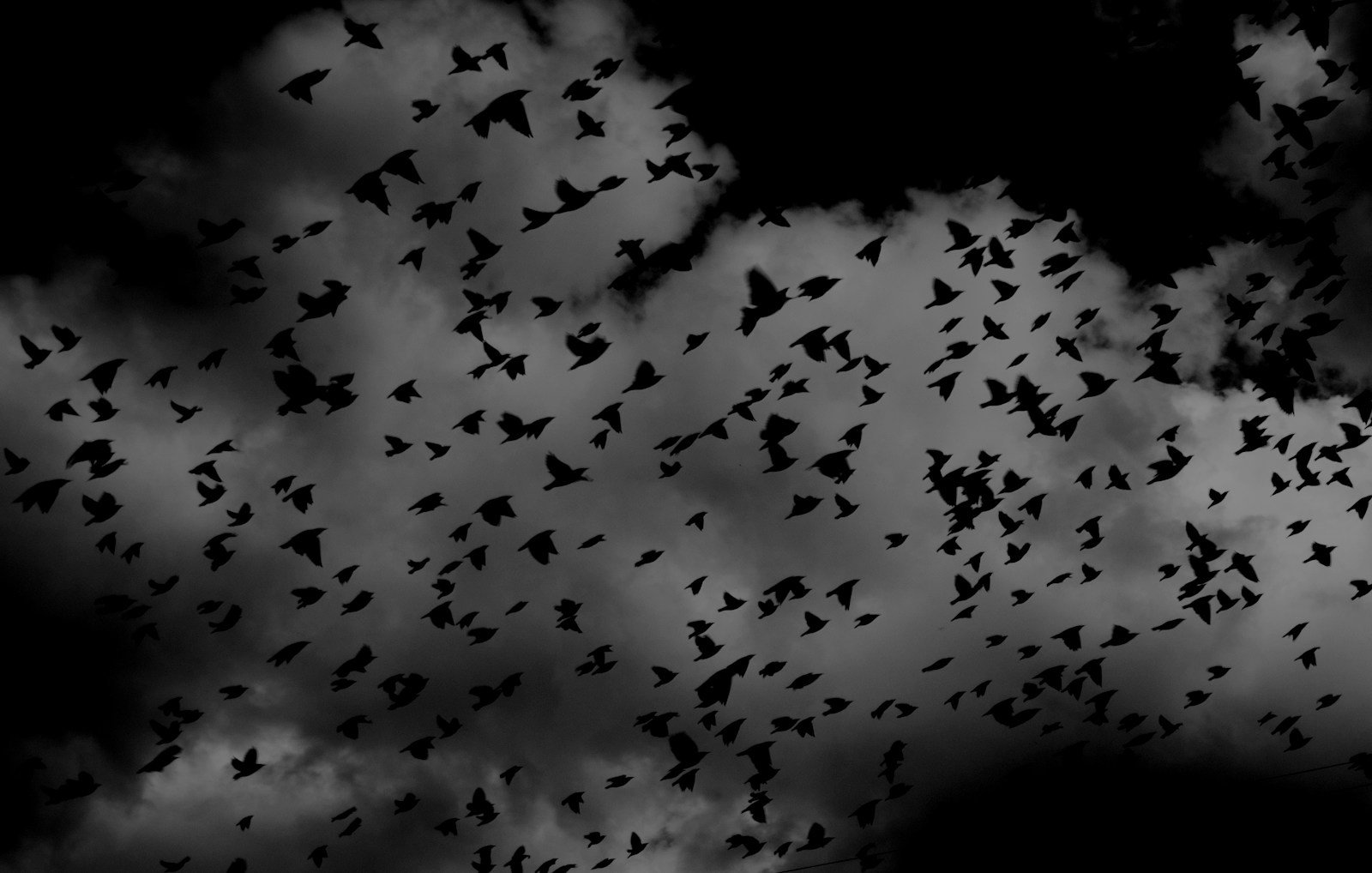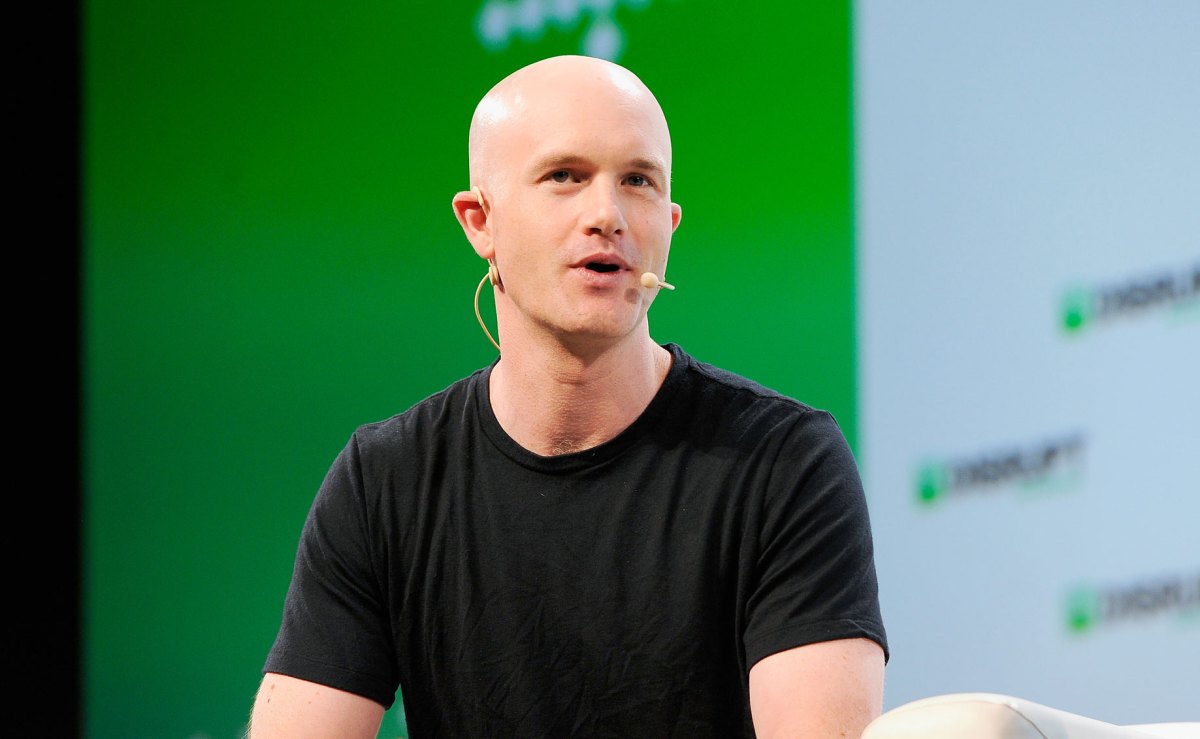EU ‘too little, too late’ on Gaza, NGOs tell von der Leyen
EU pleas for aid to enter Gaza as Palestinians starve under Israel’s blockade count for little without sanctions, humanitarian organizations say.
“Tweets don’t feed people,” said Bushra Khalidi, policy lead at Oxfam. “Statements don’t open aid crossings.” It’s “baffling” the EU chose “hollow” social media posts instead of pressuring Israel to act, she said.
On Tuesday, European Commission President Ursula von der Leyen described the images from Gaza as “unbearable” in a post on X, reiterating EU calls for Israel to let more aid in. The EU had announced a deal with Israel earlier this month to let in more aid trucks.
At the same time, the bloc is assessing its options after finding Israel in breach of human rights obligations under an association agreement ― a deal that opens up advantageous bilateral relations ― with EU foreign ministers slated to discuss potential consequences during a meeting next month, according to two officials.
Suspending the agreement and all preferential trade with Israel is the only way the EU can make a difference, said Hussein Baoumi, deputy regional director for the Middle East and North Africa at Amnesty International.
Von der Leyen’s statement was “long overdue and, in the face of genocide and engineered starvation, too little, too late,” he said.
As of Thursday morning, 113 people — 81 of them children — have died of malnutrition since Oct. 7, 2023, Gaza’s Health Ministry said. The head of the World Health Organization said on Wednesday that the people of Gaza are suffering from man-made “mass starvation.”
Israel has blamed the United Nations for the crisis, accusing it of failing to distribute aid already inside the Gaza strip — claims rejected by the U.N. and multiple NGOs.
“We have food. We have aid. Yet we cannot deliver it. And the reason is simple ― the Israeli authorities block us,” Oxfam’s Khalidi said. “Anyone watching the news or scrolling social media can see the EU’s aid deal is not working.”
“By refusing to act, EU leaders decided to be complicit with the ongoing genocide in Gaza,” Chris Lockyear, secretary-general of medical organization MSF International, told POLITICO by email. “EU leaders must now show the courage and political will to act.”

Save the Children joined the chorus of humanitarians urging EU leaders to move past “hollow statements” and impose sanctions. “The lack of decisive action from the EU leadership over the last 21 months gives them a crushing responsibility for the atrocities we see happening in Gaza,” said Maria Luz Larosa, head of international affairs.
Omar Shakir, Israel and Palestine director at Human Rights Watch, said the EU’s inaction so far had given Israel a “green light to press forward with its ongoing war crimes, crimes against humanity, and genocide against Palestinians.”
The exhortations coincided with some tougher language from European capitals on Israel’s treatment of the Gaza population.
On Thursday evening, French President Emmanuel Macron said France will formally recognize Palestinian statehood. “The urgency today is to end the war in Gaza and to provide aid to the civilian population,” he wrote.
Hours later, British Prime Minister Keir Starmer also released a strongly worded statement describing “the suffering and starvation unfolding in Gaza [as] unspeakable and indefensible,” adding that “we are clear that statehood is the inalienable right of the Palestinian people” — which is further than Starmer has yet gone on the matter.
The British leader declared he would convene an “emergency call” with the country’s E3 partners — France, Germany and Italy — on Friday to “discuss what we can do urgently to stop the killing and get people the food they desperately need.”
A group of 10 countries, including France, urged the Commission this week to come forward with new proposals to raise pressure on Israel. However, the push is unlikely to succeed given determined opposition from four countries — Germany, Italy, Czechia and Hungary — which form a blocking minority in the European Council, according to an EU diplomat.
With no unified EU position, some countries have discussed enacting their own sanctions, while the bloc’s top politicians have focused on pressing for a ceasefire.
In a statement for POLITICO, an EU spokesperson said that the bloc “reiterates its call for the free, safe and swift flow of humanitarian aid, and for the full respect of international and humanitarian law.” The statement added that “we are now assessing the implementation of the deal that has been reached with Israel.”




















:quality(85):upscale()/2023/09/18/918/n/1922398/a1136b676508baddc752f5.20098216_.jpg)
:quality(85):upscale()/2025/10/09/670/n/1922283/00b944c868e7cf4f7b79b3.95741067_.jpg)
:quality(85):upscale()/2025/10/15/765/n/1922398/29c37a6e68efd84bb02f35.49541188_.jpg)
:quality(85):upscale()/2025/09/09/891/n/1922283/7222624268c08ccba1c9a3.01436482_.png)













:quality(85):upscale()/2025/08/13/775/n/1922283/3c0cbead689ccd0c422644.10221678_.png)



